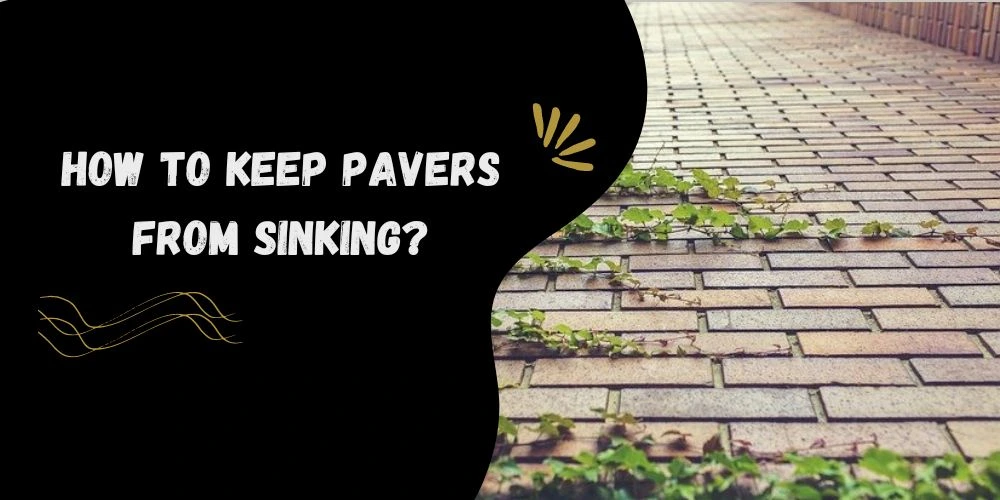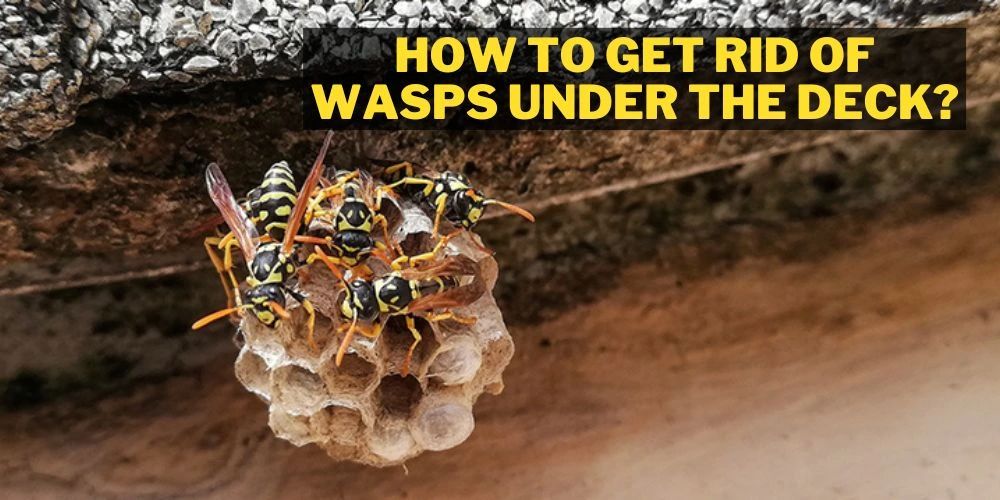Antifreeze, also known as engine coolant, is used in several vehicles to protect the parts of the engine from freezing and overheating. The poisonous ingredients of the antifreeze are ethylene glycol, Propylene glycol and Methanol.
If antifreeze leaks out from the engine and spills on grass, it will be toxic and kill grass very quickly. Antifreeze can also kill plants, weeds or any well-grown plant, and propylene and ethylene glycol can kill grass in large quantities.
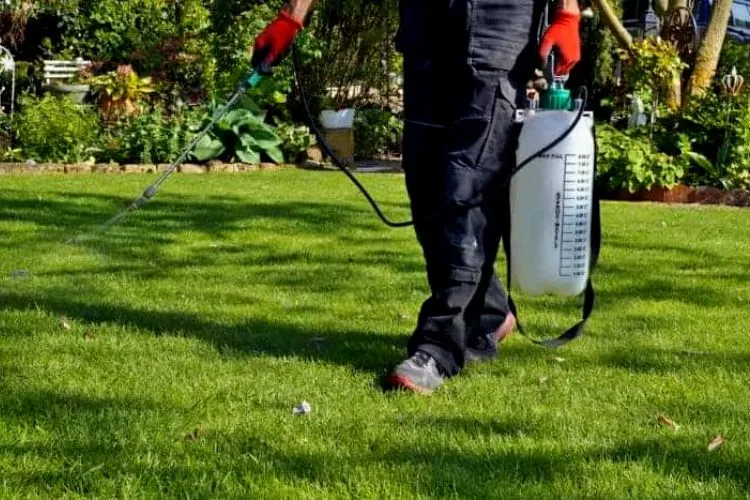
Does antifreeze kill grass?
To Put Simply, yes antifreeze kill grass.
In order to avoid overheating, automobiles utilize antifreeze. On occasion, it may flow onto the ground and vegetation after leaking from the engine. Depending on the concentration and type of the antifreeze, it will swiftly begin to harm the grass the moment it comes into contact with it. Antifreeze can slow grass growth when it comes into touch with it, and alcohol-based compounds have the potential to destroy plants and grass.
Antifreeze comes in two different varieties, and both are harmful to grass. The most hazardous antifreeze is one with an ethylene glycol base since it instantly kills grass and other vegetation when it comes in contact with them.
The next day, as soon as the ethylene glycol antifreeze leaks onto the grass, the damage begins. If a significant amount of ethylene glycol antifreeze falls over the ground, it will poison water supplies, soak into the soil, and obliterate the ground cover. On the other hand, diluted propylene glycol-based antifreeze is less harmful.
Will spilled antifreeze kill grass?
Sometimes, antifreeze can be leaked from the vehicle engine, and it can spill over the grass. When it comes in contact with the grass, it becomes toxic to the grass and kills grass immediately.
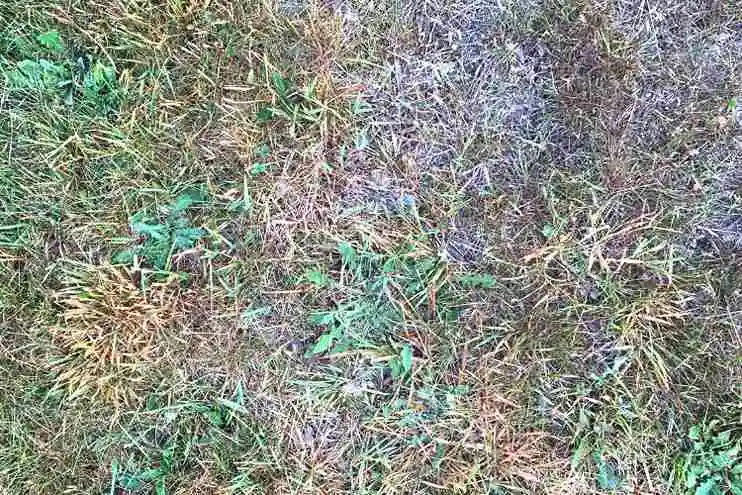
If the antifreeze concentration is high, it can adversely affect the grass. Some adverse effects of antifreeze are:
- Antifreeze spills on grass leave an uneven, discoloured region.
- Antifreeze can prevent grass from growing by roughly 80%. Due of the grassroots’ poor water absorption, growth is slowed. The worst antifreeze, ethylene glycol-based antifreeze, can impede or entirely halt the growth of grass.
- Antifreeze reduces almost 30% growth of the grass weekly, eventually killing the grass.
- Antifreeze will not only affect the grass but also inhibit the growth of the lawn’s other plants, trees, and weeds.
- Both forms of antifreeze, ethylene and propylene, have the potential to harm beneficial bacteria in the soil and contaminate water.
Will RV antifreeze kill grass?
Yes, RV antifreeze can kill the grass. If RV antifreeze is in small amounts, it is non-toxic, but still, it can harm because it’s a chemical. Propylene glycol RV antifreeze is less toxic to the plant and environment, but many heavy metals in it can adversely affect plants, humans, and the environment.
Some experiments have shown that propylene glycol RV antifreeze severely harms soybean and corn. The plants lose their green color eventually due to the RV antifreeze vapor. Ethanol-based RV antifreeze can dry out grass and kill grass and plants.
How do you clean antifreeze out of grass?
Sometimes, antifreeze can leak out and spill over grass and can kill the grass immediately. It is important to clean antifreeze out of the grass to save the grass. Here we will discuss some methods which will help to clean the antifreeze. Some methods are:
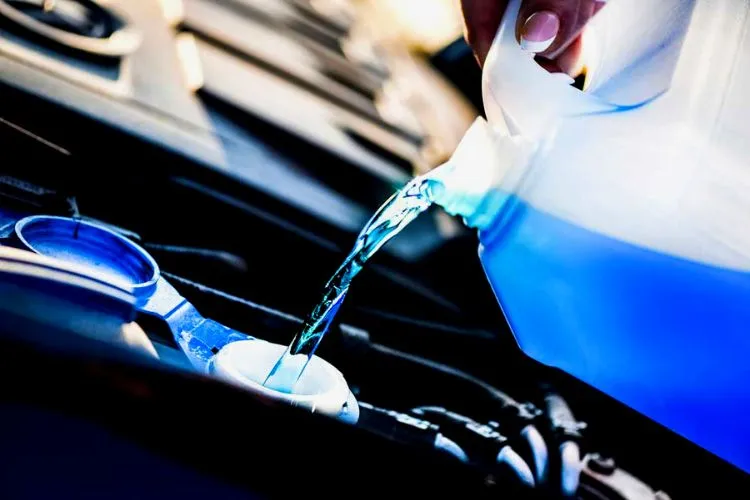
- To manage the spill, we need first utilise materials which are abserbents like clay, sand, dry oil, sweeping compound, or cat litter. We can utilize baking soda if the spill is modest. The spill area and its surrounding region need to have the absorbent material applied.
- The next step is to absorb the spill using newspaper, sponges, layer towels, rags, and disposable towels. Antifreeze is kept from spreading more quickly to the neighbourhood thanks to these absorbent materials. To prevent antifreeze from coming into contact with our flesh, we should wear gloves and boots.
- In order for absorbent materials to thoroughly absorb the spill, we should wait for at least two to three hours.
- The absorbent material should then be collected and thrown in the garbage with towels. To dispose of all the contaminated parts, we must use a strong, high-quality plastic bag.
- Before hosing the remaining material with water, we must wait for dried antifreeze to disintegrate. We need to wait till the area is completely dry before checking to see if the grass has been stained.
- If any stain remains in the grass, then we have to repeat this process until the stain is removed completely. We have to make sure that the area is decontaminated and neutralized completely.
How long does antifreeze stay in the ground?
Antifreeze made of ethylene and propylene glycol is biodegradable and decomposes into water and CO2( Carbon Dioxide). Depending on the temperature of the soil, the antifreeze takes weeks or months to degrade. The degradation rate will stay high if both the soil’s organic matter content and temperature are high.
It will take ten days for the antifreeze to totally disappear from the air. Due to the acidic byproducts produced when glycol decomposes in soil, the pH of the soil decreases. Propylene glycol degrades more slowly than ethylene glycol, which is used to make antifreeze.
You May Also Read: How To Turn Yellow Grass Green?
Frequently Asked Questions (FAQs)
What does antifreeze do to the soil?
If antifreeze spills over the ground, it will kill grass and contaminate the soil. Ethanol-based antifreeze kills the grass immediately and contaminates the soil for a long time. When the glycol of the antifreeze breaks down in the soil, the pH of the soil becomes low due to the acidic byproducts.
Can you pour antifreeze on the ground?
Though the coolant has become old enough still, we should not pour it into the ground. The toxic components of the antifreeze can seep through the soil it can, reach the groundwater level and contaminate both the soil and groundwater.
Does antifreeze decompose?
Both ethylene and propylene glycol are biodegradable and break down into carbon dioxide and water. Antifreeze takes several weeks to months to break down completely. It takes ten days to dissipate completely in the air. Ethylene glycol-based antifreeze takes more time to break down than propylene glycol-based antifreeze.
Is green antifreeze biodegradable?
Vegetable-based antifreeze contains sustainable extracts of vegetables that are non-toxic and biodegradable.
Conclusion
Antifreeze is used in the vehicle engine to prevent overheating. If it leaks from the engine and spills over the ground, it will affect the ground adversely. Both ethylene glycol and highly concentrated propylene glycol-based antifreeze are toxic and can kill the grass and other plants, trees or weeds of the ground.
Antifreeze can stunt the growth of the grass and can kill them easily. Ethylene glycol-based antifreeze is more harmful than propylene glycol-based antifreeze.
These antifreeze are biodegradable and can break down in the soil within a few weeks or months. If we take some proper steps, we can completely clean the antifreeze from the ground. So, I have tried to answer the question “Does Antifreeze Kill Grass?” In everyway you may need to know, If you still have any confusion, let me know in the comment box.

